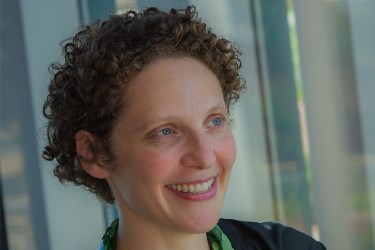Bridging the indigenous gap - is white Australia doing more harm than good?
Media releaseFirst-hand experience working within an indigenous community in the Northern Territory led Deakin University Associate Professor Emma Kowal to ask: What "good" are well-meaning White Australians doing when it comes to indigenous affairs?
Professor Kowal's experience in the NT was the origin of her studies of "white anti-racists" and have culminated in a new book Trapped in the Gap: Doing Good in Indigenous Australia.
Professor Kowal has been relentless in bringing a new level of understanding to the issue of indigenous affairs and helping Australia find a way forward.
"The white anti-racist experience has a lot of ambivalence, contradictions and double binds. It is a microcosm of the broader situation of post-colonialism," she said.
"I am interested in asking how we can do things better and understanding the underlying tensions between making indigenous people statistically similar, in terms of health and education, for instance, and nurturing difference.
"Many people who are anti-racist are knowledgeable and motivated to address the legacies of colonialism by trying to put into practice the principles of self-determination.
"There are huge challenges at a practical level, and the guilt associated with 'colonial burden' tends to contribute to the difficulties, as do inadequate funding and lack of co-ordination."
For the past 10 years, Professor Kowal has taught professionals who work with indigenous people about these issues.
"There are no easy answers, but we try to give some clarity about the underlying dilemmas," she said.
Professor Kowal believes that in some areas there has been a "sea change" in understanding how the two groups can work together.
For instance, she has worked with indigenous people over the past four years to develop guidelines concerning the use of the Australian National University's collection of indigenous genetic samples.
Some of these samples date back to the 1960s, but the whole collection has been in moratorium since the late 1990s while the centre sought a way forward.
"Unlike the 'specimen' approach of the past, there is now an understanding that, if we work together with indigenous representatives right through the process, this collection could make a real difference to indigenous health," said Professor Kowal.
In recognition of Professor Kowal's ground-breaking work, she was recently awarded the 2014 Paul Bourke Award for Early Career Research by the Academy of Social Sciences in Australia (ASSA) and will present the ASSA lecture at Deakin's Melbourne City Centre on April 23.
Share this story
 Deakin University Associate Professor Emma Kowal
Deakin University Associate Professor Emma Kowal
